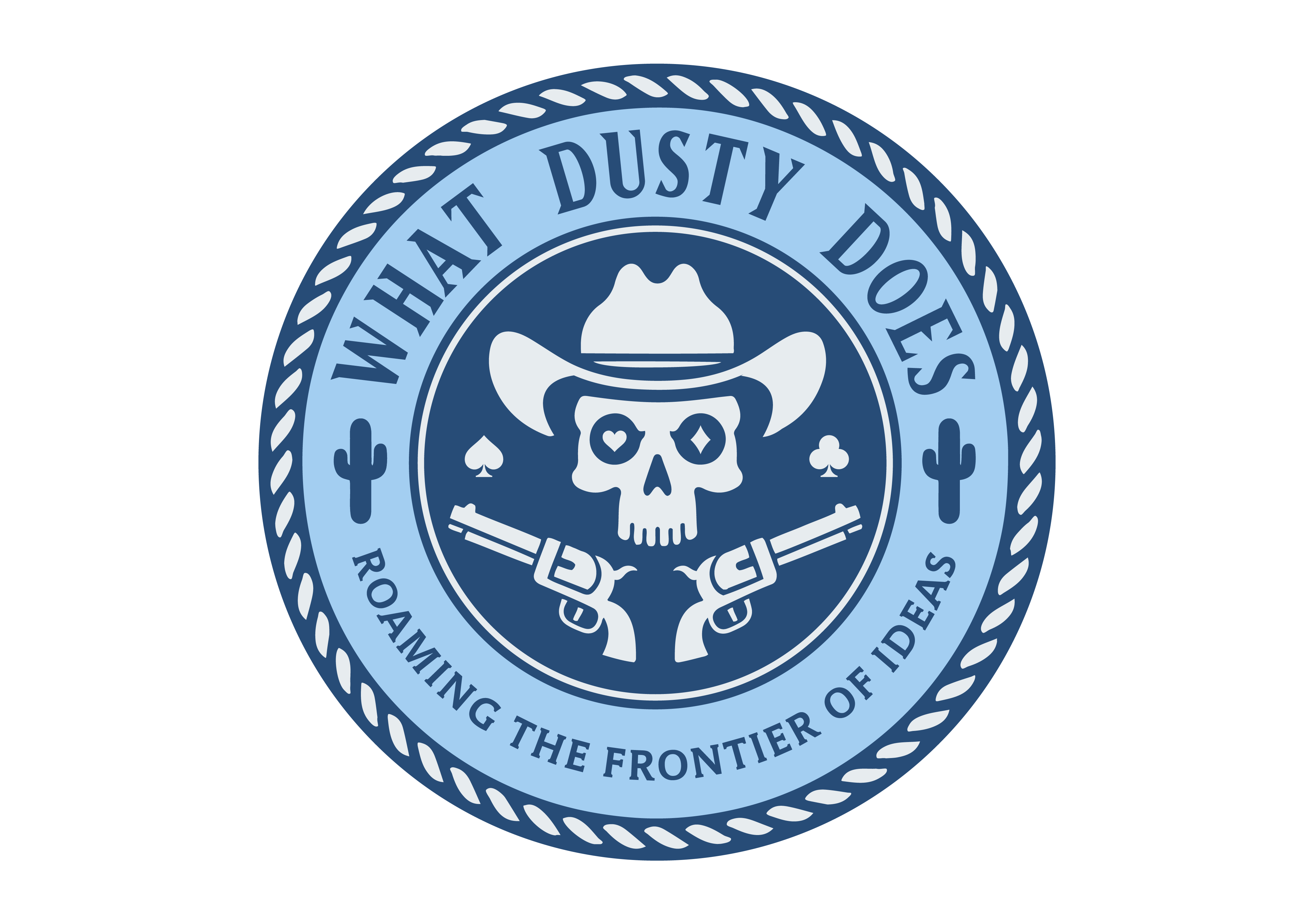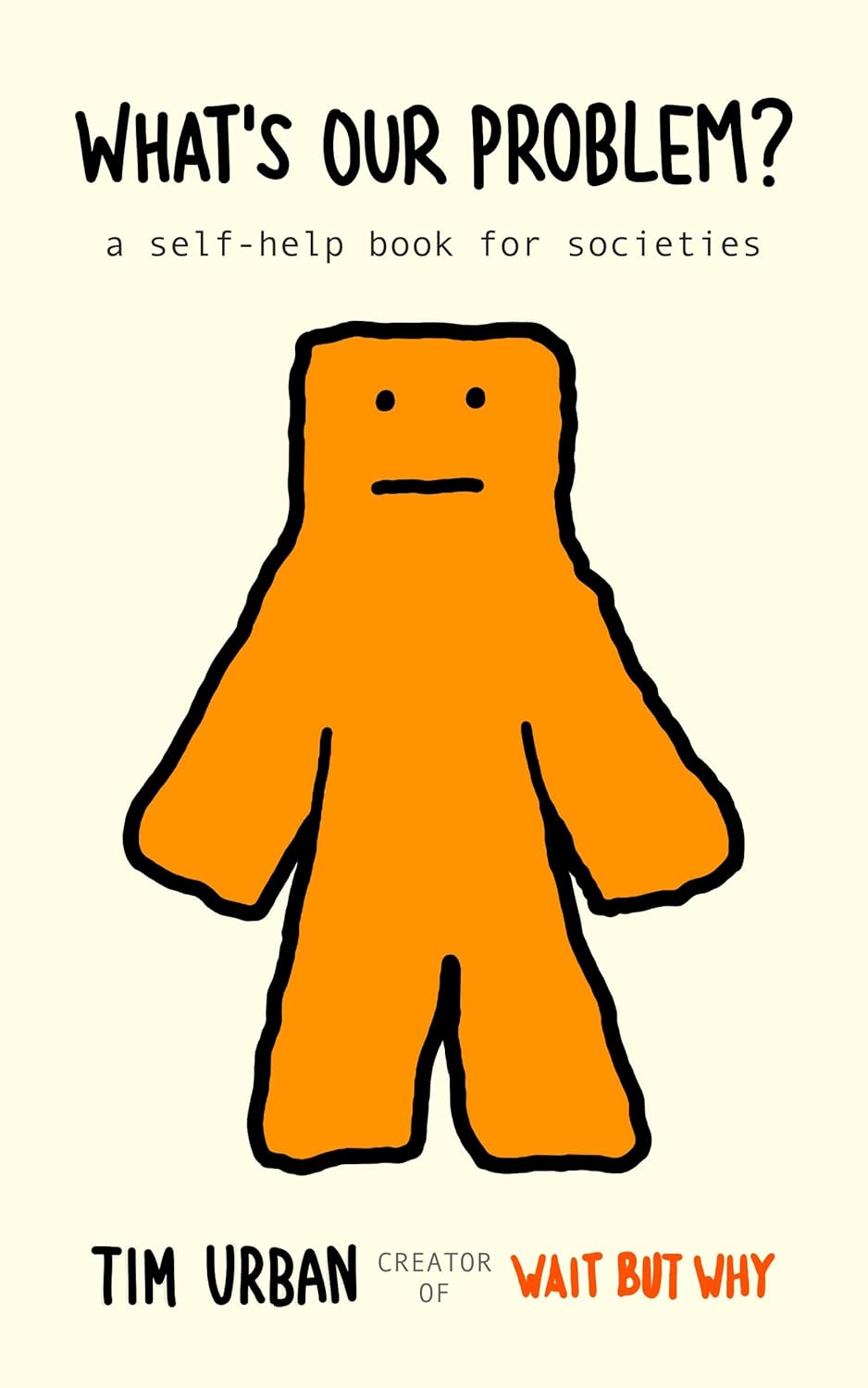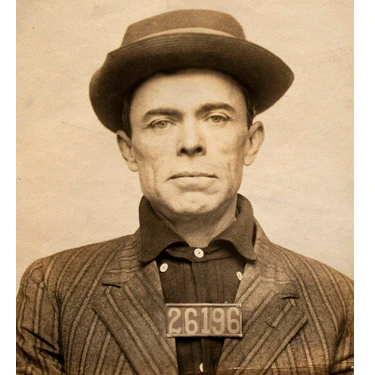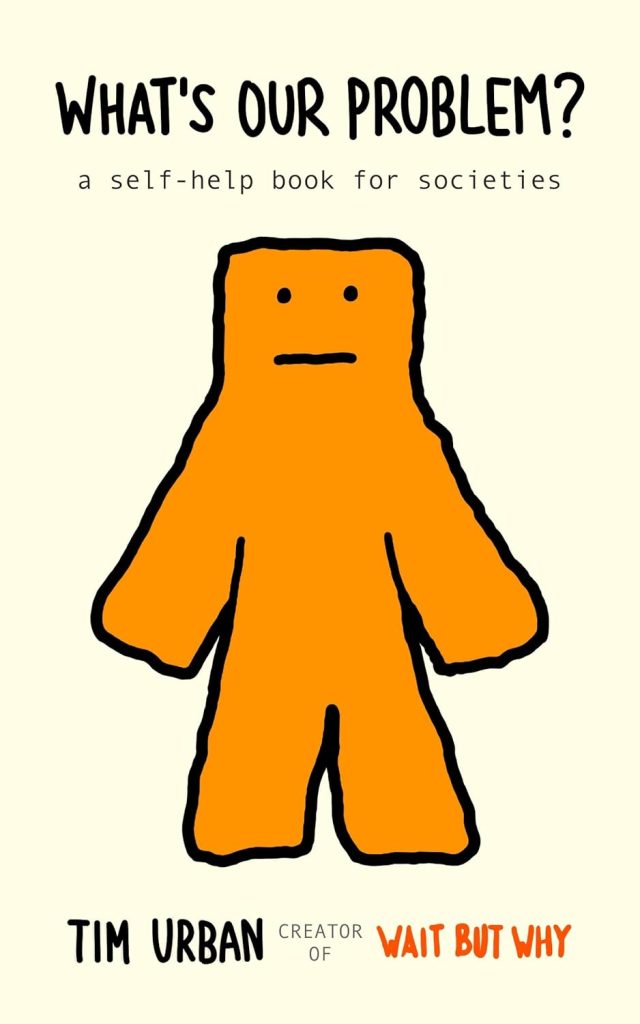
I’ve been a fan of Tim Urban’s “Wait but Why” blog for several years. Much to my dismay, he didn’t post for several years. He had a kid and also was busy writing this book. He’s known for very long, in-depth blog posts written in conversational, approachable language about complex topics relating to modern society accompanied with goofy stick figure drawings. Also, he wrote probably one of the most impactful blogs I’ve ever read in my life, Your Life in Weeks. Caution: this post may change your life. I still think about this post often.
Needless to say, I was excited to read this book. I bought the hardcover copy directly from the publisher and got to work on this 475 page book. This may seem a bit long but trust me, it flies by. Also, there’s a lot of pictures and useful graphics to break up the text.
Before I get into paraphasing the main ideas of the book, let me say I may not have understood Tim’s thoughts perfectly and this is my own analysis.
Anyone who pays even a little attention to the news has realized we live in very polarized times, both socially and politically. We can’t seem to cooperate across the isle anymore and we squabble more than ever about identity politics. Tim’s goal in writing this book is uncovering what our collective problem is, and why we can’t seem to have civilized conversations or get along anymore as Americans (but also globally).
I wanted to write about this book because I think it’s one of the most important books I’ve read lately, and I hope as many people as possible (especially Americans) read it. It helped me uncover why I believe what I believe and really elucidate in simple words how we gotten to a point where it’s scary to say what we really believe. It offers hope but also caution– we all need to work together to reopen a dialogue and challenge each other in our beliefs or face a dystopian future controlled by our basest impulses and fueled by revenge.
“The society around me seemed to be devolving, and if that kept happening, none of those other topics I write about would matter.”
“What’s our Problem?” by Tim Urban (p. 9)
The Ladder
I think one of the most important points Tim makes is we usually think of our political parties as simply left and right, liberals and conservatives. But really, there’s a hidden vertical dimension which he calls “The Ladder”:
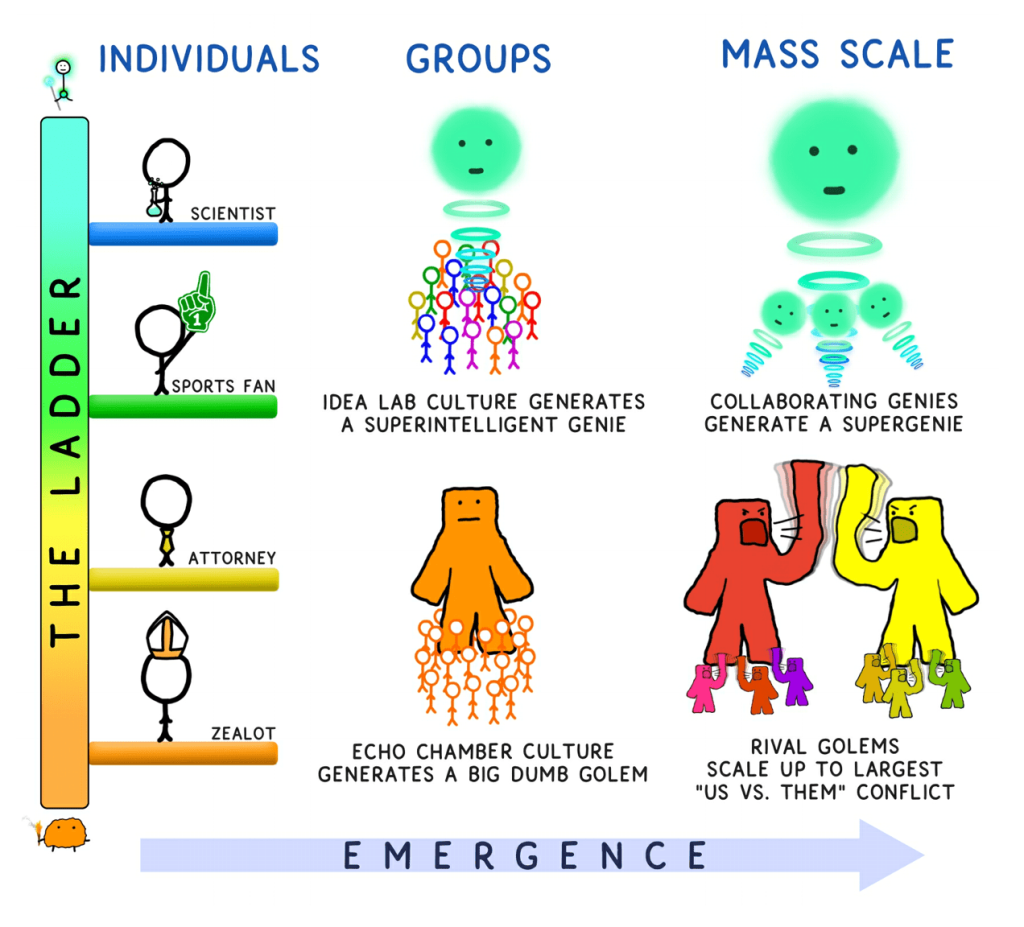
The little chicken nugget guy at the bottom of the ladder represents the Primitive Mind, whose main concern is survival, tribalism, food, sex and basic human needs. The torch it bares represents these needs, which can fog our perception. On the opposite side of the spectrum is the floaty blue guy, or our Higher Minds. This is our ability to think outside of our own needs and see the bigger picture and live within the advanced civilization we enjoy today. His staff of light dispels the smoke of our basic needs and allows us to see clearly.
The Four Personas
Within the steps of the ladder are personas representing individuals and how close their beliefs are to the Higher Mind and how close they are to the Primitive Mind.
The Scientist approaches ideas with a fully scientific mind, seeing them as experiments that need vigorous testing and analysis. Rather than being married to a given belief or biased in one direction or the other, this persona applies the scientific method to an idea to see if it stands up to scrutiny. When multiple Scientists collaborate, this creates “Idea Lab” culture, which is like a boxing ring of ideas where they go toe-to-toe and the better idea wins the match.

This idea boxing ring creates a sort of Higher Mind group consciousness known as The Genie. When many genies come together they form a Supergenie. On the other side of the spectrum is an Echo Chamber, where everyone is just confirming the beliefs on their in-group and not challenging either other. The echo chamber creates a dreaded Golem, a group of individuals promoting their beliefs mindlessly and bullying and coaxing others into believing what they believe.
I know this all comes off as a little wacky but I’m paraphrasing this sorta long book.
This is the ideal way to approach ideas but also the most difficult. Tim states even actual scientists don’t do this all the time. It’s natural for all of us to approach ideas with at least some intrinsic bias. That’s where the Sports Fan persona comes in.
The Sports Fan still cares about truth but approach competing ideas knowing which one they want to win, which is also known as confirmation bias. The terminology of “Sports Fan” is derived from the fact that we’re all cheering on a team and while we want a fair game, there’s always a team we’d rather see win. We seek out the ideas that bring us comfort or that confirm the beliefs we already hold.
This is the Primitive Mind sneaking into the equation. I feel like this is where I sit often in my thinking and so do many of us who see ourselves as moderate in our beliefs. Even outside of political beliefs, many of us seek out beliefs that validate what we already believe and already know what “team” we’re on. But this prevents us from discovering the full truth.
“If you want the truth to stand clear before you, never be for or against. The struggle between “for” and “against” is the mind’s worst disease.”
6th Century Chinese Zen Master Seng-ts’an
Attorneys are the next persona, which is like the Sports Fan, but instead of caring about the truth, they want to win the argument. Rather than cheering for a team, they’re on a team. They’ll seek out evidence that backs up their beliefs despite bias and build up the case for their team any way they can.
Finally, there’s the Zealot, which is closest to the Primitive Mind. They are close-minded and 100% committed to their particular viewpoints. There is no flip-flopping or skepticism around their beliefs and believe they already possess the truth. This is where the danger seeps in– there’s no dialog or argument with these types of people and they won’t change their minds, even given solid evidence in favor of opposing viewpoints.
I found it really helpful to think about my deeply held beliefs in this context and challenge my own thinking. We all have ideas we hold onto tightly, but what if we tried to loosen our grip and examine them? Or at least think about why we’re gripping so tightly?
What It Means in American Political Discourse (to Me, at Least)
On both the left and right, Americans have witnessed loud voices on both sides, like Social Justice Fundamentalists on the left (aka the “woke” movement) and the MAGA movement on the right. These are our main golems our of times going to battle. They’re unflappable in their belief systems and unable to communicate effectively. Individuals who fall solidly within either camps do not tolerate nuanced ideas and can’t be argued with. “What’s Our Problem” goes into great depth into what has happened in terms of political polarization in the US since about the 1960s, which helps really understand how we’ve gotten into this messy stalemate.
If politicians want to be respected in their respectful parties in the US nowadays, they basically must become primitive minded zealots, incapable of negotiating grey areas or nuance. The problem is, the world is shades of grey as well as the ideas within it. The flashy, vivid beliefs of these zealots get the most attention via little social media sound clips whereas moderates are sidelined, unable to be heard amongst the noise.
Because of the problem of having only two political parties in our country, we often assume individuals who vote for one party or the other hold all the beliefs of that party. This creates a fundamental breakdown in communication and a host of assumptions about people who voted for a different presidential candidate than you. However, the reality of the situation is that most Americans fall into a grey area. I think the vast majority of us hold beliefs that would traditionally sit in both the left and right sides of the political spectrum, and also in-between.
I think there is also a problem of political engagement in your own city vs. what is happening in the US at a national level. People get scared off or disgusted by the child-like arguing of modern politicians and soap opera-like petty behavior the mainstream news likes to report on. But local politics and civic engagement is the core of American democracy. We’re now afraid of our own neighbors and speaking about politics has become an even bigger social taboo than religion.
My Conclusion
Before I even read this book, I recalled a recurring thought that reflects what I think our problem is: when did we decide that if you don’t agree with someone, you also have to dislike them as a person? We are not our beliefs, we are human beings, with faults, scars, paradoxes, and contradictions. We can be wrong, be right, learn, grow, and change. We should see that not only in ourselves, but in everyone around us.
On a personal note, my family was divided in half for who they voted for in the last election and I’ll still listen to what any of them have to say. It may be more challenging to listen to people with different beliefs than our own, especially people you don’t have to eat Thanksgiving dinner with every year, but let’s try to check our beliefs and open our ears and hearts to all ideas.
